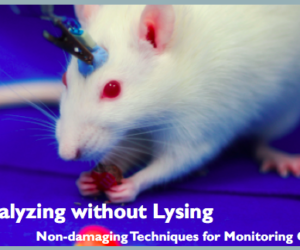Tag: science
-
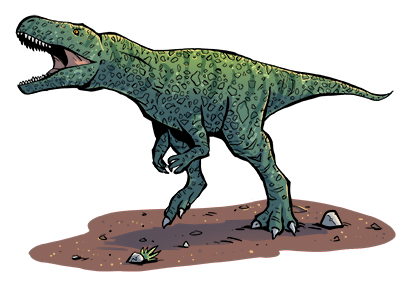
On February 20th, 2024, I was driving home from the grocery store listening to NPR when a news segment came on describing that it was the 200th anniversary of the first scientific dinosaur name pronunciation. The story described that back in 1824 a man named William Buckland, looking at bones and fossils found outside of…
-
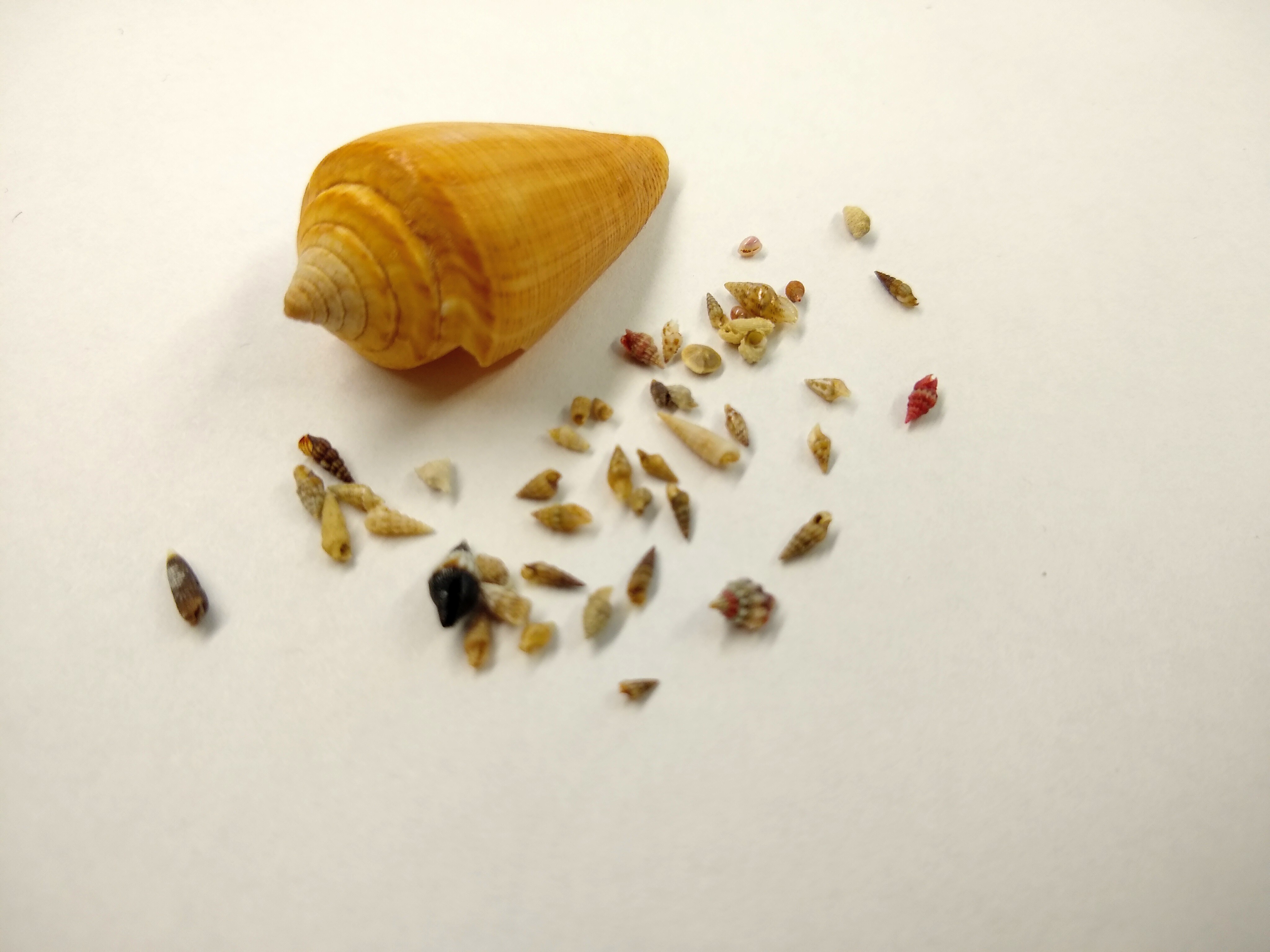
This article, continuing from my previous one about snails, was inspired by a guest lecture for the Life Science Institute at the University of Michigan by Dr. Baldomero Olivera of University of Utah. Header image is of Conus furvus, a snail-hunting cone snail from Olango Island, Cebu, collected by fishermen in shallow water. In the warm…
-
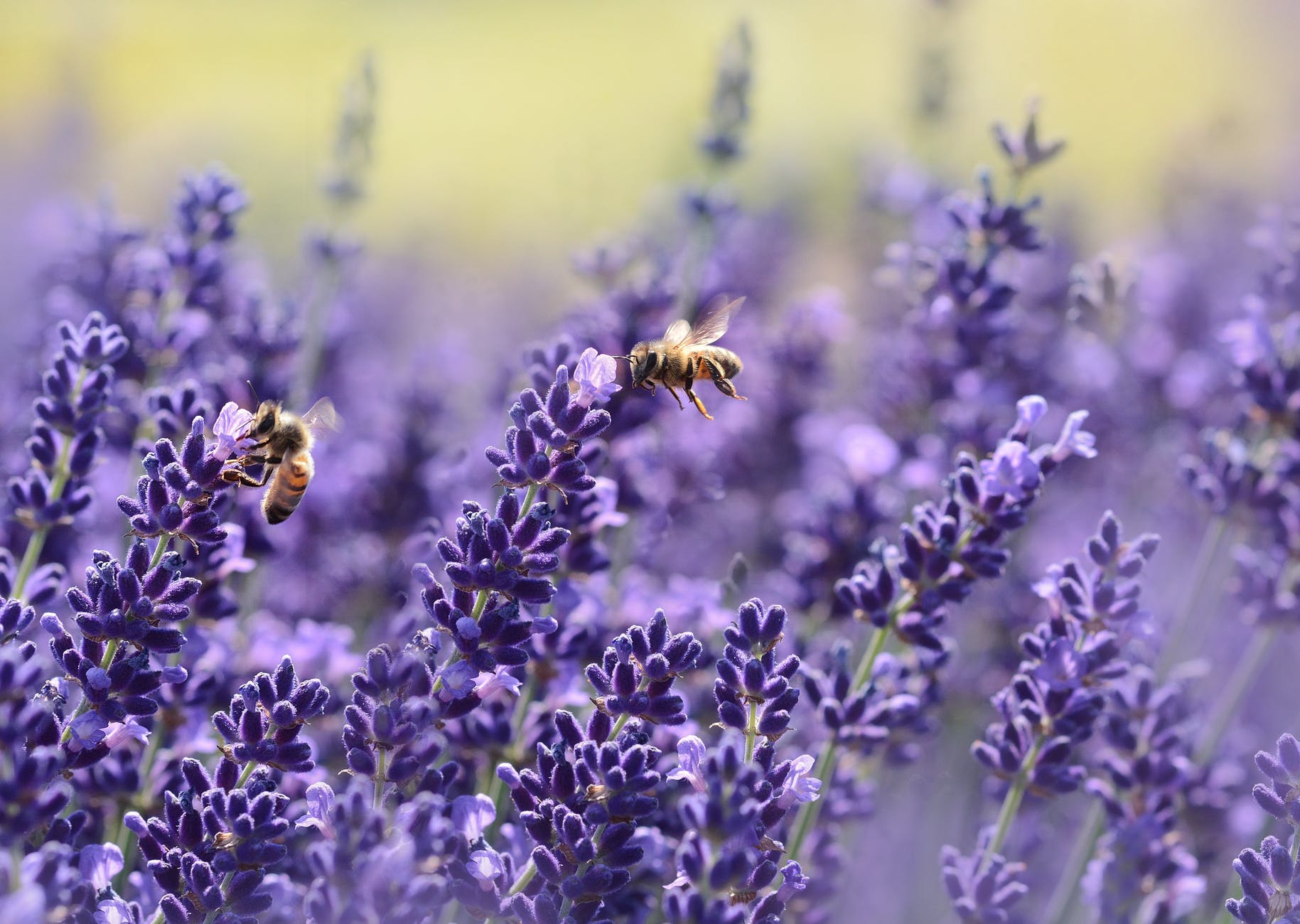
The busiest bee can make up to 40 flights a day, averaging 100 flowers each. This means a typical colony can pollinate 20 million flowers each day! Through this symbiotic relationship, flowers depend on bees and other insects for reproduction and the bees collect and feast on flower’s pollen and nectar. One of the earliest…
-

Minimalistic living and the tiny house movement reject spacious dwellings in favor of efficient homes. Typically, these petite houses can be small enough to be towed around in nomadic fashion. While it can be aesthetically and economically appealing, what is it like actually carrying an entire house with you everywhere? Snails, and other members of…
-
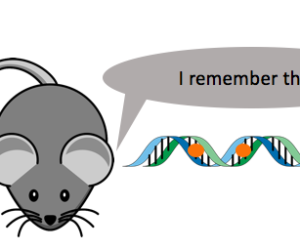
If you saw a hippo on campus, you would remember it. But, would you expect that seeing such a pachyderm roaming on a university would alter the expression of your DNA? A recent study found that rats placed in an environment that tested their memory had alterations to their DNA, or epigenetic changes. For a…
-

After you get home from work, perhaps after eating dinner, you may start working on other projects that you have, something that you might call a hobby. Humans aren’t the only ones that have a life after hours. Recently it’s been discovered that many proteins also have roles in the cell outside of their main…
-
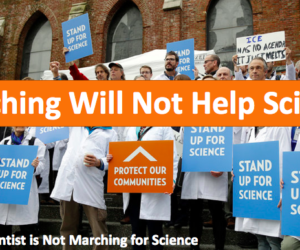
After the inauguration of president Trump, peaceful protest rallies were planned namely the March for Women to support women’s rights and the continuation of funding going to women’s health, and the March for Science to promote the role of scientific research in government policy. As a female scientist, it might surprise you to hear that…



